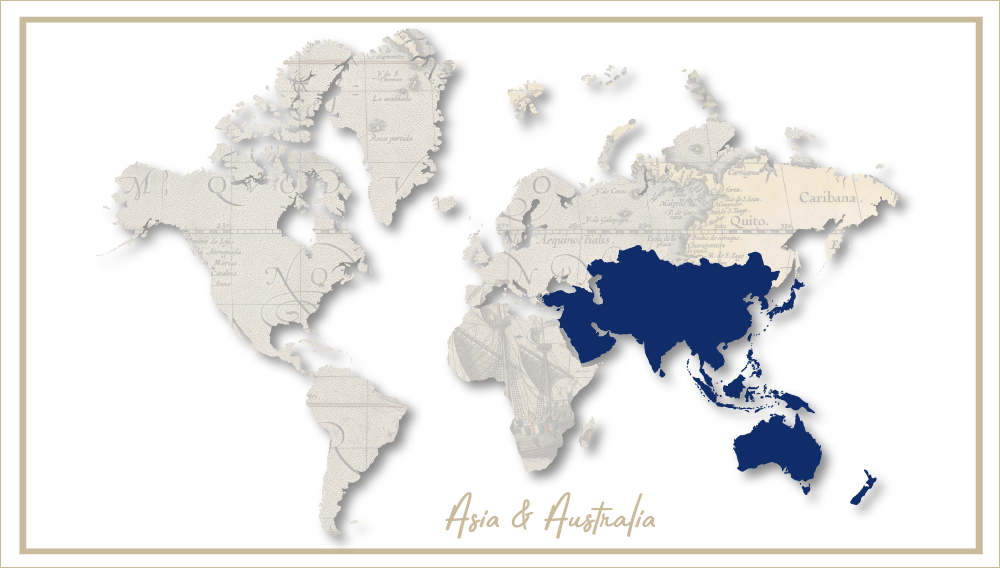Diageo will become biggest shareholder in United Spirits
As BRAUWELT International predicted months ago, the Indian drinks baron Vijay Mallya would eventually be done in by his struggling Kingfisher Airlines. We were proven right. Strapped for cash, he was forced to sell the biggest stake in his other business venture, United Spirits, to drinks company Diageo on 9 November 2012 for about USD 2 billion.
The price represents a multiple of 20 times last year’s EBITDA, which is high for deals in the sector. But India’s alcoholic beverage market is estimated at USD 6 billion and is growing at 15 percent a year, market observers say.
Whether Mr Mallya will use the proceeds from the sale to revive his airline, which was grounded in October 2012 after disputes with staff who had not been paid in months, remains to be seen. Perennially bleeding red ink, Kingfisher has debts totalling about USD 2.5 billion. It is believed that Mr Mallya and other investors will have to put more than USD 1 billion into Kingfisher Airlines to see it fly again.
Acquiring United Spirits will make it possible for Diageo to meet its self-set goal of realising half of its revenues in emerging markets years ahead of its initial 2015 target. About 40 percent of sales come from these markets now. A spokesperson for Diageo commented that India will become Diageo’s number two market after the United States.
United Spirits is India’s major spirits company with a market share of perhaps 55 percent and revenues of about USD 3.3 billion. It owns several popular Indian liquor brands like McDowell’s, Bagpiper, Royal Challenge and Antiquity, most of which are Indian Whiskeys. India is the world’s largest market for that spirit but the whiskeys are made from molasses, not grain.
"The deal will give Diageo access to the most extensive liquor operation in India at a time when its citizens are increasingly consuming more alcohol. Many consumers are also choosing higher-priced spirits rather than beer and traditional Indian alcohol made from coconuts and sugar cane. Diageo’s Johnnie Walker whiskey has long been one of the preferred brands of middle-class and wealthy Indians," the New York Times reported.
The acquisition will be structured in two stages and will take some time for completion. Diageo will first acquire a 27.4 percent stake in United Spirits in two transactions and later make an offer to all public shareholders for another 26 percent.
Mr Mallya will remain Chairman of United Spirits and will retain nearly 15 percent of the company’s shares through his various trusts and holding companies.
The agreement between Diageo and Mr Mallya comes after months of negotiations and four years after the companies last discussed a deal. In retrospect, Diageo had been smart to wait to buy United Spirits until Mr Mallya was in a relatively weak negotiating position.
In 2007, United Spirits acquired Whyte and Mackay, a Scottish distiller for nearly GBP 600 million, or USD 960 million at current exchange rates. Analysts believe that Diageo may be forced to sell this unit to win approval for the deal from European competition watchdogs.
This is the second time Diageo has entered the Indian market. The London-based drinks group exited India in 2002 during the recession to focus on more profitable developed markets. Its rival Pernod Ricard decided to stay and has since become the biggest international spirits company in India. Together Pernod Ricard and Diageo will control 70 percent of the Indian market for spirits, the Economic Times of India said.
Reactions to the Diageo-United Spirits deal in India varied. Interestingly, some media commented that multinational companies running the show could prove beneficial.
For one, multinationals will focus on profits rather than turnover exclusively.
For another, the influence that politicians wield over the liquor industry will shrink, as professional managements will adhere to a transparent business code put in place by their foreign owners.
Ultimately, Indian consumers will benefit too. "They will be able to buy foreign brands at cheaper prices, maybe even at half their current prices, as the tariff wall put up by the government at the instance of the domestic industry may now fall. This will not happen immediately, but certainly in near future, after a few rounds of lobbying with the government and the World Trade Organisation", the Economic Times of India wrote.
Sounds like a win-win all around.

